This is the second of a series of three posts on Charismatic Christians, Crisis, and Coronavirus. For part one go HERE.
Faith Not Fear or Denial?
Here’s another bit of a verse, ‘…perfect love casts out fear…’ (The middle of 1 John 4:18). I’m not going to go into detail of the context of this fragment here, but the main thrust of these verses is that those who have put their trust in Jesus and who are abiding in God’s love need not fear the final judgement. It really isn’t about God’s love casting out all the fears we have from spiders to dark alleys to plane crashes. It’s not that I don’t think God doesn’t help us not to fear in general. I believe he does, and I have my own testimony of being delivered of specific fears. But this verse used as a way of telling people that they should choose faith, not fear is laden with burdens for the believer. Is it the perfection of God’s love in me that will cast out my fear or the perfection of my love for God? Either way, how do I make this happen? What do I do when I fear?
Life itself and our loved ones are a precious gift from God and proof of their goodness is how desperately we don’t want to lose them. It is not wrong to feel deep anguish over suffering and the prospect of death, our own, our loved ones, those we have never met. One of the most poignant and powerful stories in our Bibles is the story of Jesus in Gethsemane. He was entirely on his own and the disciples were asleep so he must have confided in his disciples later what he went through that night. Jesus held tenaciously to his human life, facing grief and anguish and even sweating drops of blood at the prospect of human suffering and death, while also being willing to submit it wholly to his Father (Matt 26:37-42; Lk 22:41-44; Mk 14:34-36). He taught his disciples to do the same.
It’s natural to fear in a crisis, to wake up in the night in a cold sweat or a panic. But we won’t strengthen one another by forcing each other into denial. And we certainly won’t strengthen one another with false promises. If fear is threatening to swamp us, we are going to need good practices and strategies for this and in my experience, it will require many different approaches. Immersing ourselves in our favourite psalms, listening to music, getting our friends to pray, praying in tongues, focussed breathing, talking to a loved one. How about recognizing fear and anguish as a prayerful longing that things would change and be different, and offering it to God as a sacrifice, laying it on the altar with all our tears. We can and should encourage one another to grow in our complete trust in God, but I imagine that overcoming fear will be a process and not a one-off prayer.
Lament
This brings me to lament and grief. I’ve loved working with my colleague, Matt Lynch, for the last eight years. He’s taught me a lot about the need for a church that laments, and I’ve seen how powerful his teaching is for our students and those who hear it.
Matt writes,
‘Lament opposes denial and false optimism. It acknowledges honestly before God the distress, ill-health, dangers, and troubles that we face. Prayers and songs of lament constitute nearly 40% of Psalms, yet mainstream Charismatic worship hardly gives it a passing nod. Unfortunately, that leaves the church poorly discipled to face times of calamity with the kind of raw honesty that we see in Psalms. Ignoring lament also distances us from the example of Jesus, who lamented from the cross and throughout his life (Matt 27:46; Heb 5:7), and from life in the Spirit, who groans and laments to the Father (Rom 8:26).[1]’ For more of Matt’s reflections on lament, see his series of posts here.
Charismatics are so bad at acknowledging pain and loss, especially during a crisis, unless it’s part of a story where God has turned my mourning into dancing. (Ps 30:11) We can sow in tears as long as we are going to reap with shouts of joy. (Ps 126:5) The idea of a permanent sense of loss or grief is excluded from our narratives. We often only share our testimonies once we have a happy ending.
We are facing potentially huge griefs and losses, some have already seen loved ones die, and even now people are having to deal with small but not insignificant griefs and losses. It may seem trivial in life and death situations, but the pain of leaving school friends and college friends with no goodbyes is hard, letting go of weddings, funerals, special occasions, longed for holidays—these will all take their toll. There will be many mini-griefs alongside the major ones. On top of that, we’re watching as other countries face the most appalling tragedies and this and our own unfolding tragedies will sow its own trauma.
I was brought up by a mother whose own mother died when she was six days old and I would say she had a permanent sense of loss. She never knew her mother. Her father remarried a woman who couldn’t take her mother’s place, and her own mothering was coloured by a sense that she was giving what she never had herself. The wounding in my mother changed her faith, her view of God, and her compassion for others. She became an amazingly gifted bereavement counsellor and chaplain, working first in a hospice, and then a men’s prison until her mid-70s. She taught us that joy lives side by side with pain, that you can dance even though you mourn, and that you can weep with those who weep and rejoice with those who rejoice. I imagine we are all going to have to learn this gift in the years to come.
God’s Will?
Someone put on Facebook recently that they had seen people saying things like God has caused this crisis, this is God’s will, God is giving us what we deserve. I haven’t seen that kind of thing, but we all know this happens. The idea of God’s control or not of the events of history is a complex and emotive issue and I’m not going to go into all the nuances of the debates here because it requires some in-depth biblical and philosophical reasoning. It’s a good reason to study theology to explore these questions.
What I do want to say first of all, is that it’s very natural, whatever our belief systems and worldviews to try and find a reason for what is happening, especially when we’ve been blindsided by tragedy. So people of all faiths and no faith will try to identify a cause within their own framework of knowing why this crisis is happening. They will look for explanations within what they know of how the world works. This could be in relation to God, or the gods and goddesses. It could be attributed to the selfishness and exploitative nature of human beings (if you are not a Christian) or what we would call sin if you are. A friend of mine sent me an article on the link between Corona and 5G. Or, it maybe you see this virus as the world running according to its own natural forces. We just happen to be on the raw end of it all right now.
I think there will always be people who attribute absolutely everything that happens in the world (including the bad things) to God’s ‘will’ and, to be fair, we can find a foundation for that in the Bible, expressed in different ways in different places, perhaps especially in the OT prophets. Some biblical writers depict suffering or disaster as having been inflicted by God either as a punishment, or to bring people to repentance, or both. These passages sit alongside promises of restoration, complete forgiveness, boundless mercy, and the assurance that God will keep his covenant promises. And this is not a case of pitting the OT wrathful God against the forgiving Jesus of the NT. For a meditation on how God does not treat us as our sins deserve, but forgives all our iniquity and heals all our diseases, why not memorize Psalm 103? It sounds remarkably like the God of Jesus to me.
When God does come to earth in Christ, he reinforces the extraordinary truth that God so loves the world, he has come to save it. The incarnation tells us that God the Son takes on the frailty of human flesh and the vulnerability of a fully human existence to redeem our earthly lives. He comes to earth to take on our sin and suffering into himself, into his very being, to die in our place, to defeat death through his resurrection, and by doing so, to transform our corrupt and broken existence into a new and perfect creation. He comes to earth in love to win us back to himself. This is God’s will for humanity—that all should be saved (1 Tim 2:3-5).
As for whether this signals the end times or not, Christians throughout the ages have believed that the end is imminent. So far, they’ve been wrong, but who’s to say when someone will be right? Christians are perpetually called to live their lives as if they might end tomorrow. It seems, though, that for those of us who live in a world where that has seemed so unlikely for so long, have simply forgotten that this is the case.
In the final post, I look at the importance of history, and where we might turn to in the Bible for understanding and comfort.
For the final post, go HERE



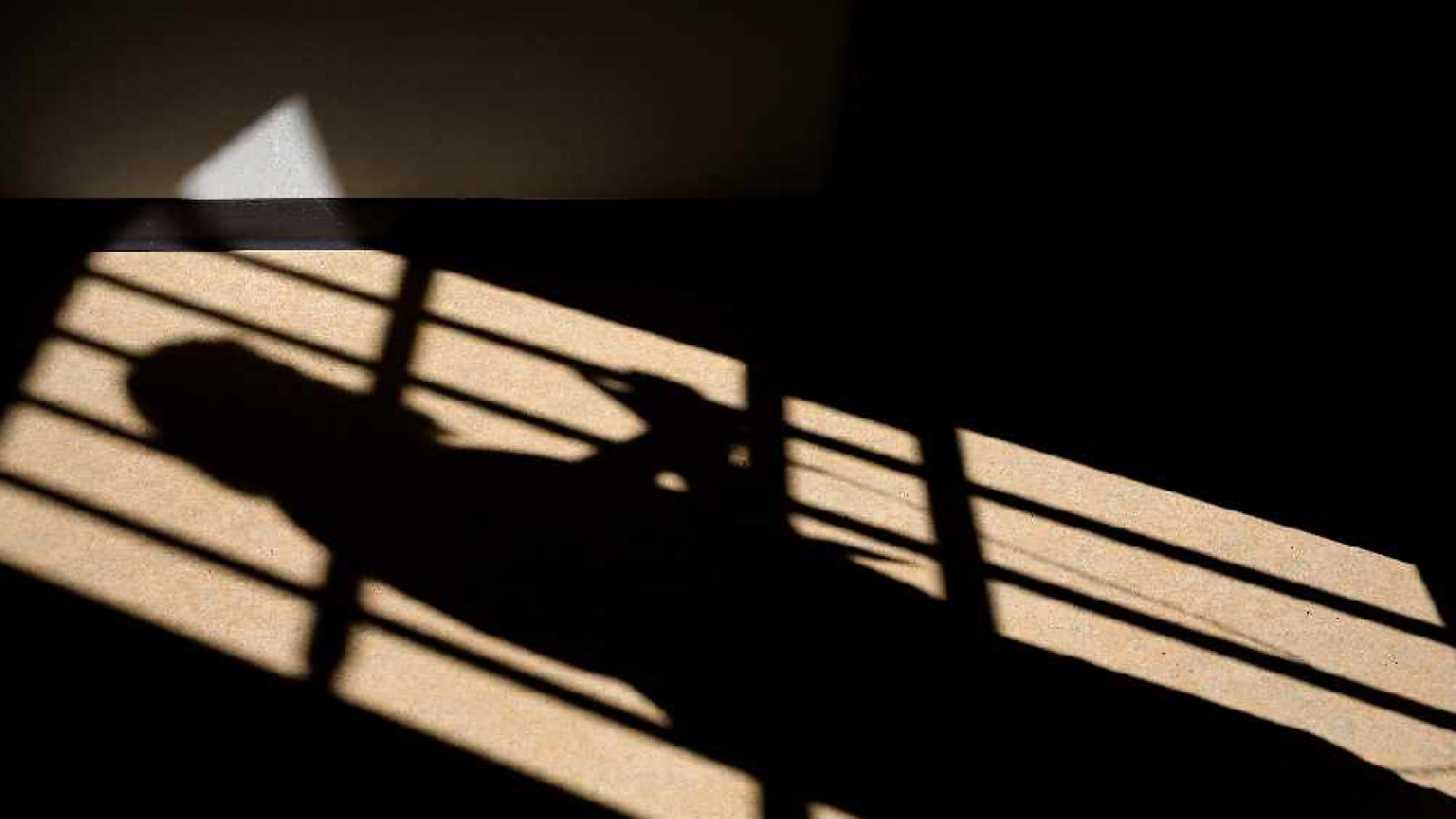
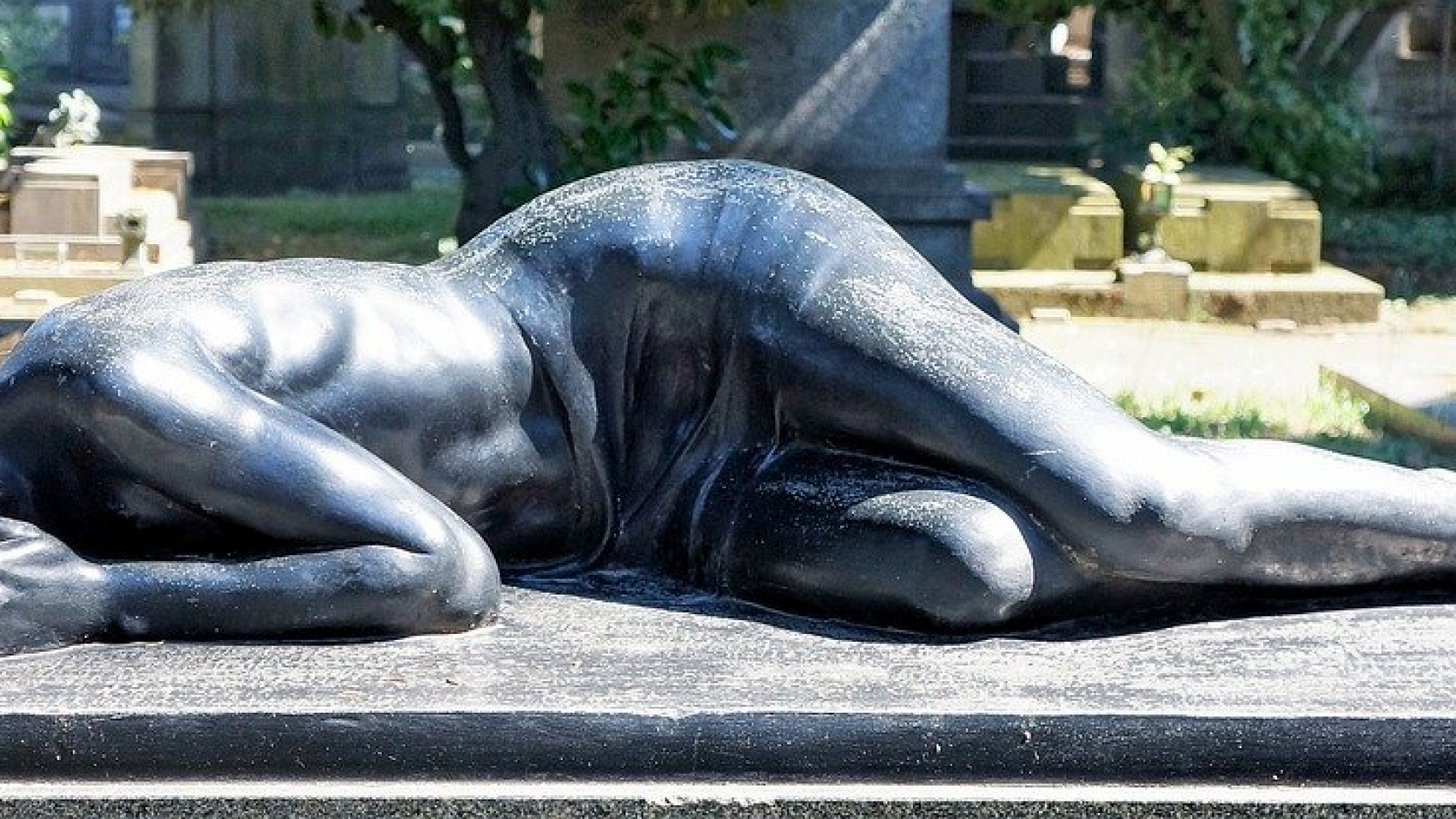
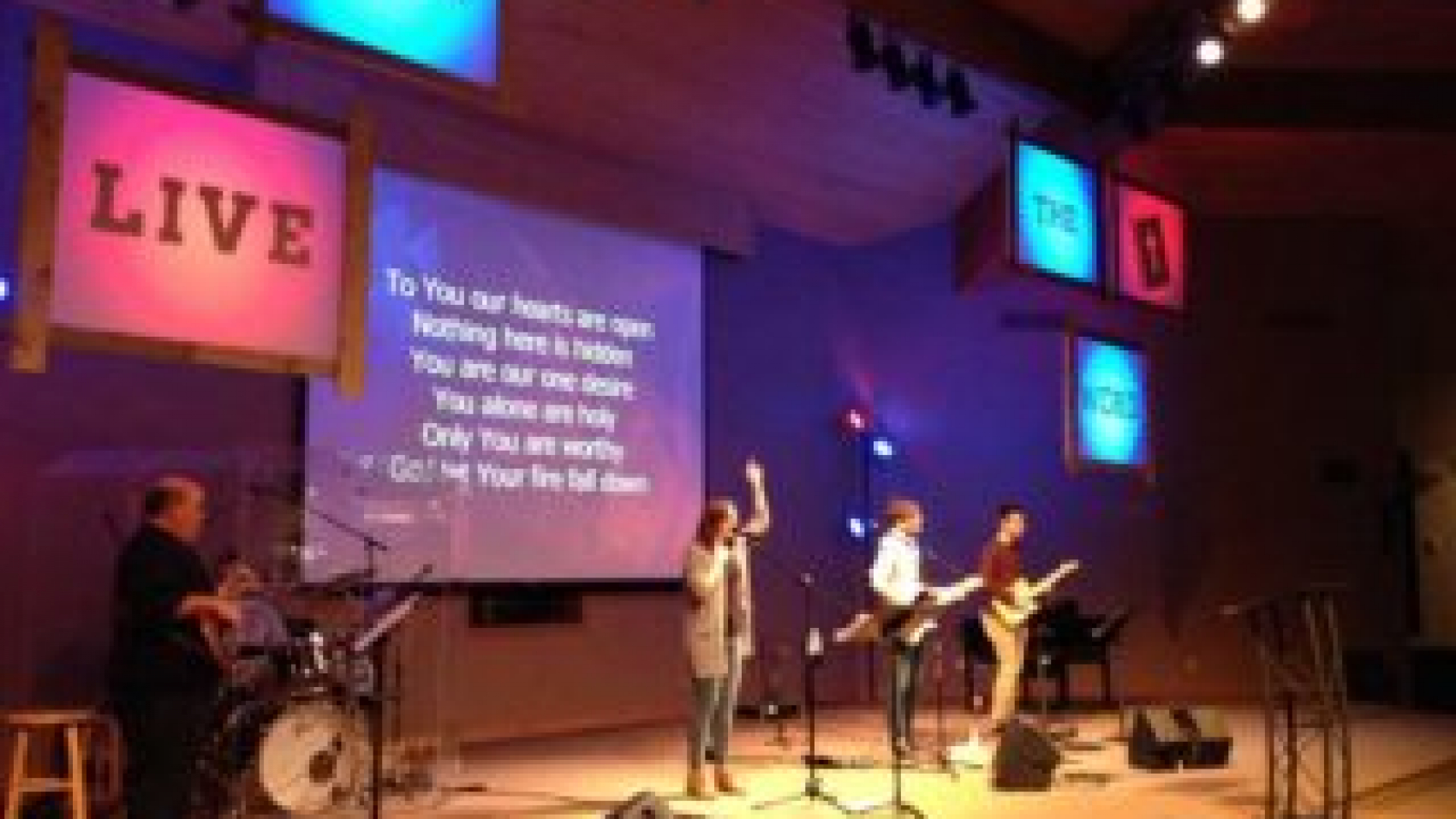



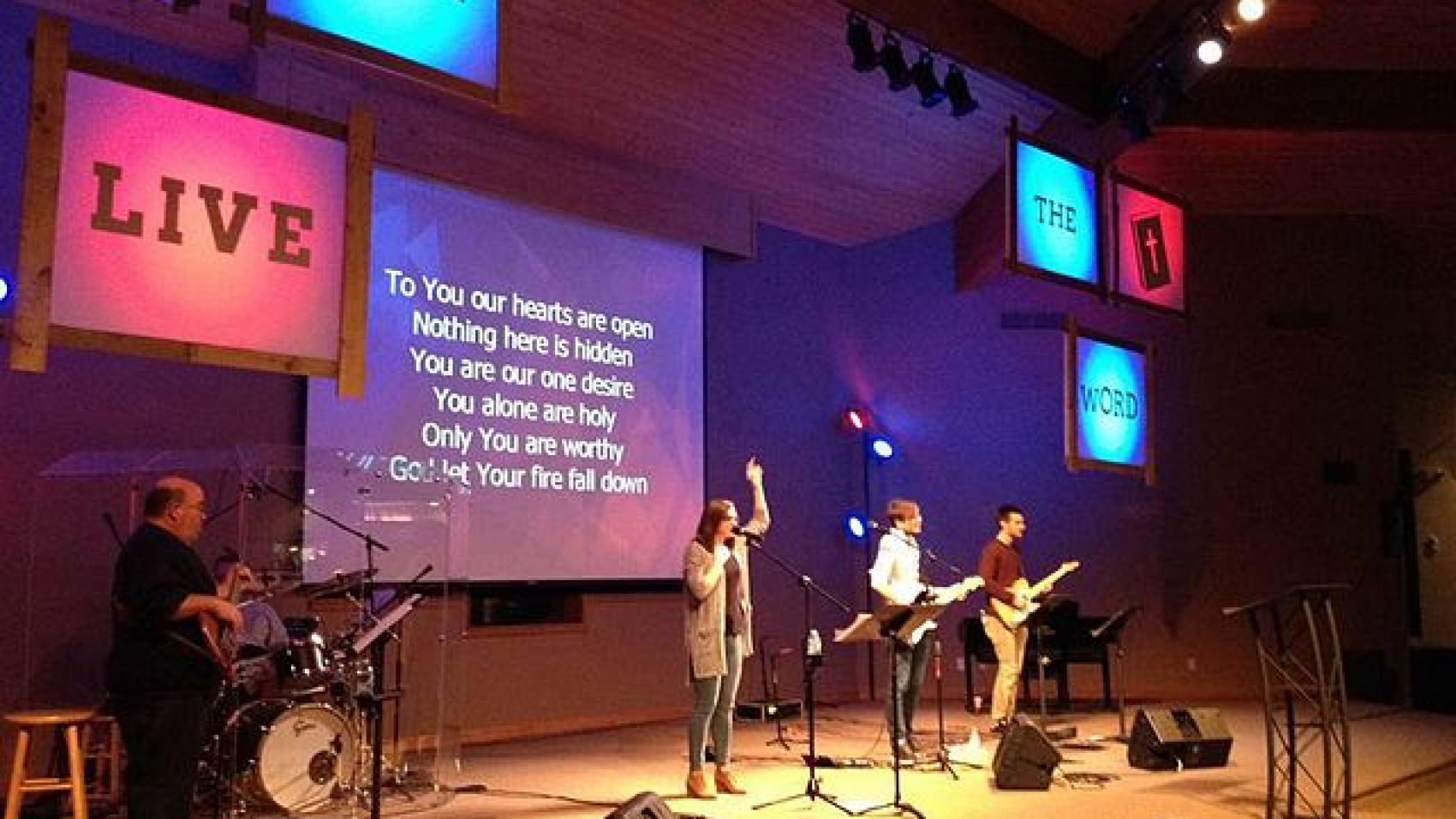



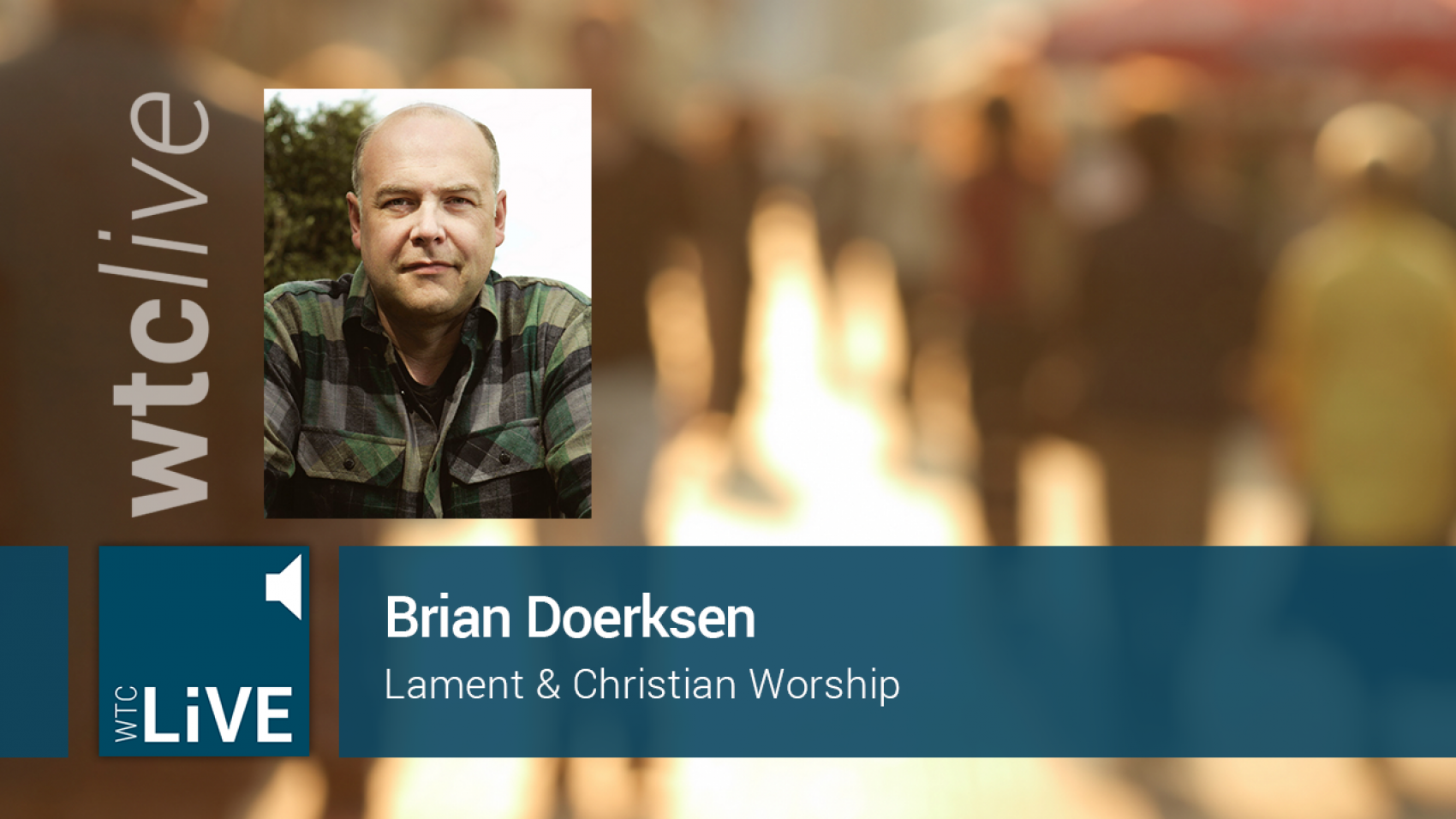

 Michael is lead singer-songwriter for the alt-folk collective
Michael is lead singer-songwriter for the alt-folk collective